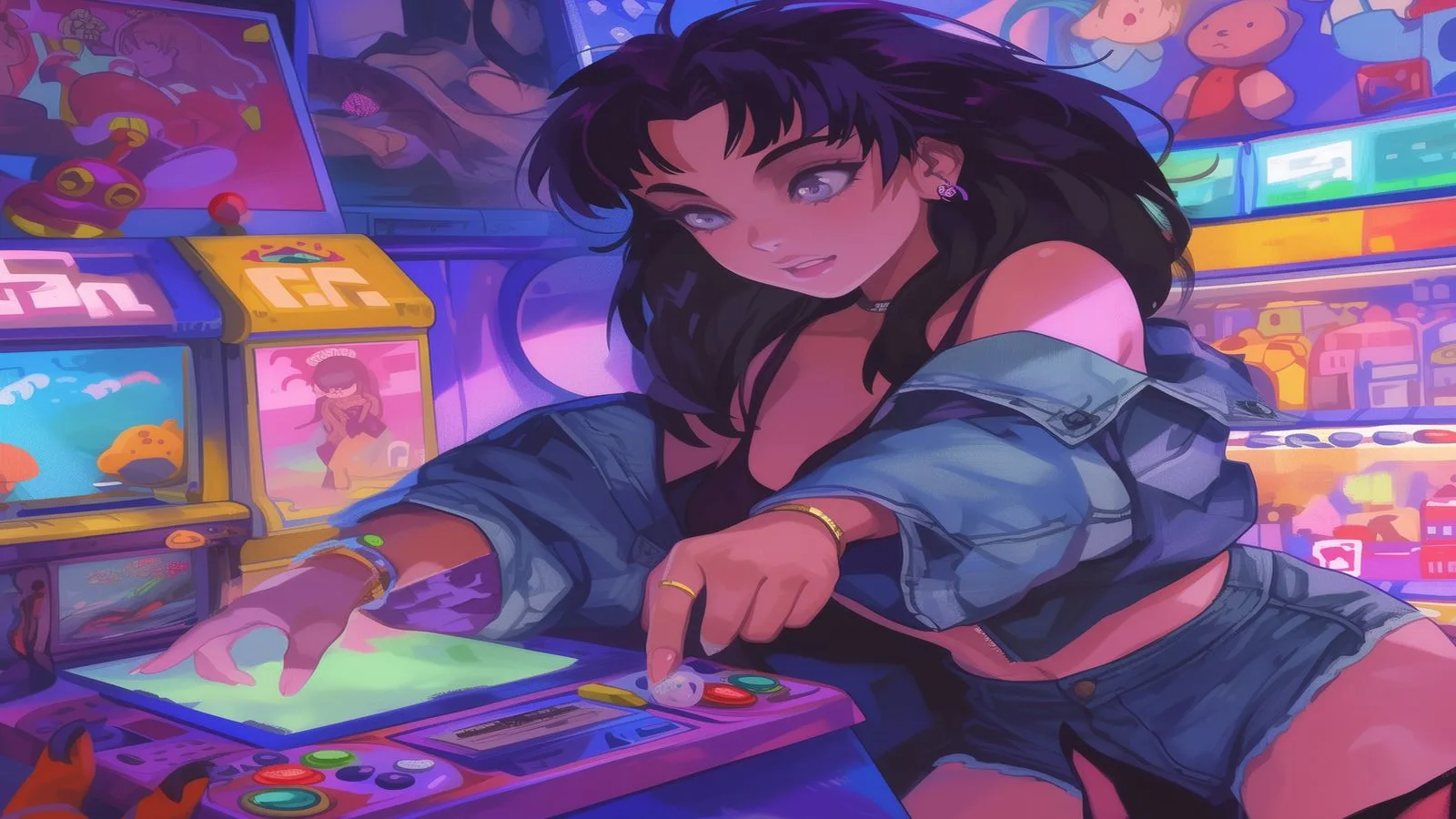Gaming
Itch.io hides adult games amid payment processor crackdown
Some developers and fans are upset, calling Itch.io’s actions unfair.

Just a heads up, if you buy something through our links, we may get a small share of the sale. It’s one of the ways we keep the lights on here. Click here for more.
Last week, indie video game platform Itch.io quietly removed adult and “not safe for work” (NSFW) games from its search and browse pages.
While the games haven’t been deleted, they’re now much harder to find.
The reason? A campaign by a group called Collective Shout pressured major payment companies like PayPal, Visa, and Mastercard to cut ties with platforms hosting certain controversial adult games.
The group specifically targeted a disturbing game called No Mercy, which included themes of rape and incest.
They sent an open letter to payment companies arguing that supporting such content goes against efforts to stop violence against women.
Their message was loud and clear: stop processing payments for platforms that host these games.
The campaign had a real impact. Earlier this month, game store Steam said it would block any game that goes against the standards of payment providers.
Itch.io followed suit, saying that to keep its store running, it had to act quickly to protect its relationship with these financial partners.
The site admitted No Mercy had been briefly available earlier this year before being banned, and it’s now doing a full review of adult content to make sure it follows payment company rules.
For now, NSFW games will stay hidden until the review is done.
After that, adult game developers will need to prove their content is allowed by their linked payment providers, or risk removal.
Some developers and fans are upset, calling Itch.io’s actions unfair.
They point out that breaking the adult content rules means your entire account can be shut down with no warning and no appeal, and that the platform can keep all your earnings, even from unrelated games.
This isn’t the first time payment companies have influenced content bans. OnlyFans and Gumroad faced similar pressure and had to change how they handled adult content, too.
A petition on Change.org with over 137,000 signatures demands that payment companies stop censoring legal, fictional content just because activist groups disapprove of it.
Critics say the trend threatens creative freedom and unfairly targets smaller creators who rely on niche platforms to share their work.
Do you think payment processors should have the power to effectively ban legal adult content from platforms? Or should financial companies stay neutral and let platforms decide their own content policies? Tell us below in the comments, or reach us via our Twitter or Facebook.



























